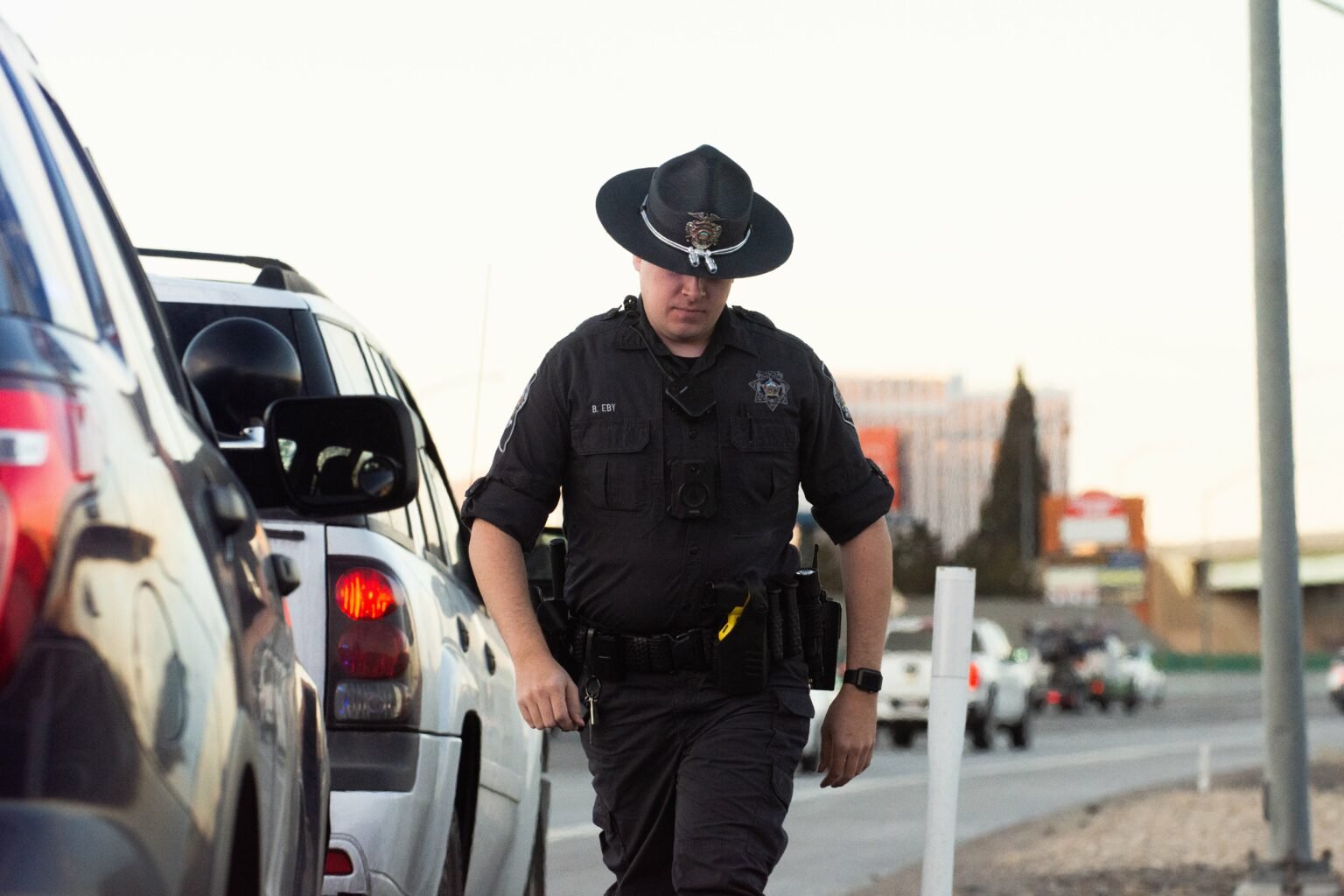Posted on: December 29, 2022, 05:18h.
Last updated on: December 29, 2022, 07:12h.
Beginning Jan. 1, exceeding the speed limit by up to 30 mph is no longer a crime in Nevada. It will become a civil infraction that can’t lead to a bench warrant for your arrest – even if you neglect to pay your ticket.

Assembly Bill 116 was passed by Nevada legislators with near unanimous approval in June after years of previous attempts. Its justification was that criminalizing minor traffic violations disproportionately affects people living in poverty who can’t afford to pay speeding tickets, as well as people of color. That’s according to the Fines and Fees Justice Center, which also argued the practice jams up jails and courts, and wastes taxpayer money.
“This law is significant because it ends a cycle of debt that stems from a simple traffic violation that many people find themselves in because they are unable to pay it,” Assemblywoman Rochelle Nguyen, who introduced the bill, said in a statement. “People will no longer have to worry that they will be arrested and jailed for their inability to pay fines and fees associated with a traffic ticket.”If you receive a traffic ticket for a minor offense, you will have 90 days to respond, either by paying the fine or requesting a hearing to contest it. If you do not respond within 90 days, you will be considered guilty of the traffic offense and liable for the fine and any administrative assessments.
Not a Get Out of Jail Free Card
Assembly Bill 116 does not eliminate the possibility of jail time for all traffic issues. The following infractions are still considered either misdemeanors or felonies in Nevada – depending on the severity of the consequences, especially if you injure someone else:
- driving under the influence
- driving more than 30 mph over the speed limit
- aggressive driving
- drag racing
- driving on a sidewalk
- failing to yield for an emergency vehicle
- injuring a road construction worker
- unsafe passing
- following too closely
- failing to obey police
- driving with a suspended, revoked, invalid, or fraudulent license
- driving without insurance
- driving an unregistered vehicle
- failing to stop and render aid after an accident
What Happens if You Don’t Pay Your Ticket?
If you neglect to pay the fine – or if you have an unpaid ticket for a minor traffic violation predating Jan. 1, 2023 – you no longer risk arrest for the offense. (The Las Vegas Municipal Court has already voided nearly 35,000 traffic bench warrants, according to the Las Vegas Review-Journal.)
However, all unpaid fines can now be sent to a collections agency. For amounts delinquent less than $2,000, the collection fees are capped at $100. A civil court also has the authority to garnish your wages or put a lien on property for delinquent fines. Assembly Bill 116 also specifies that a civil court can order the suspension of the person’s driver’s license over non-payment.
Most states in the US already have a system like this in place. Prior to the law taking effect, Nevada was one of only 13 states that still prosecuted minor traffic violations as crimes, according to the Federal Sentencing Reporter.
